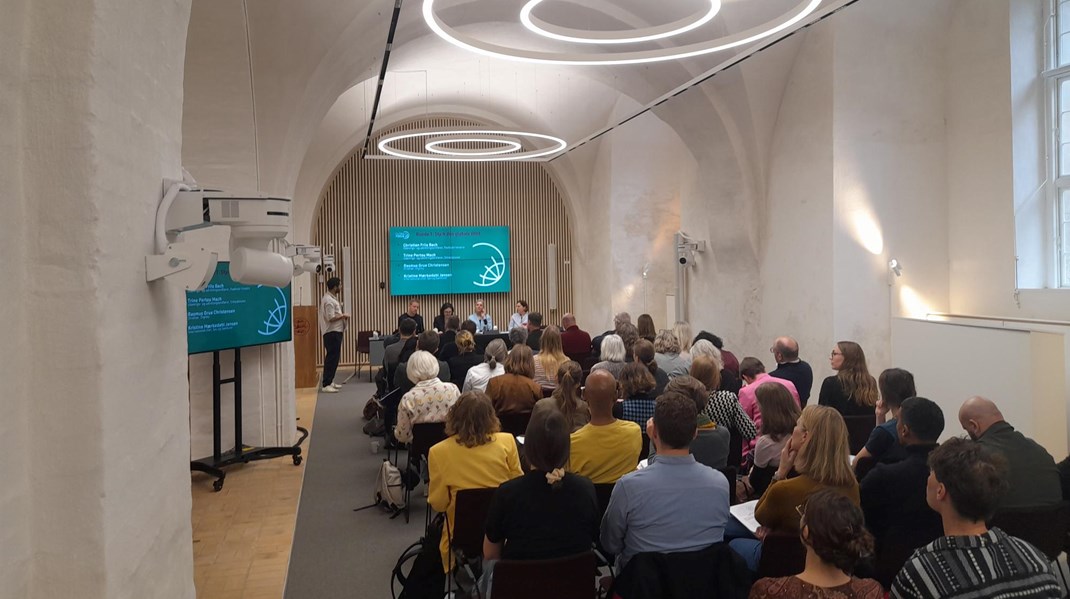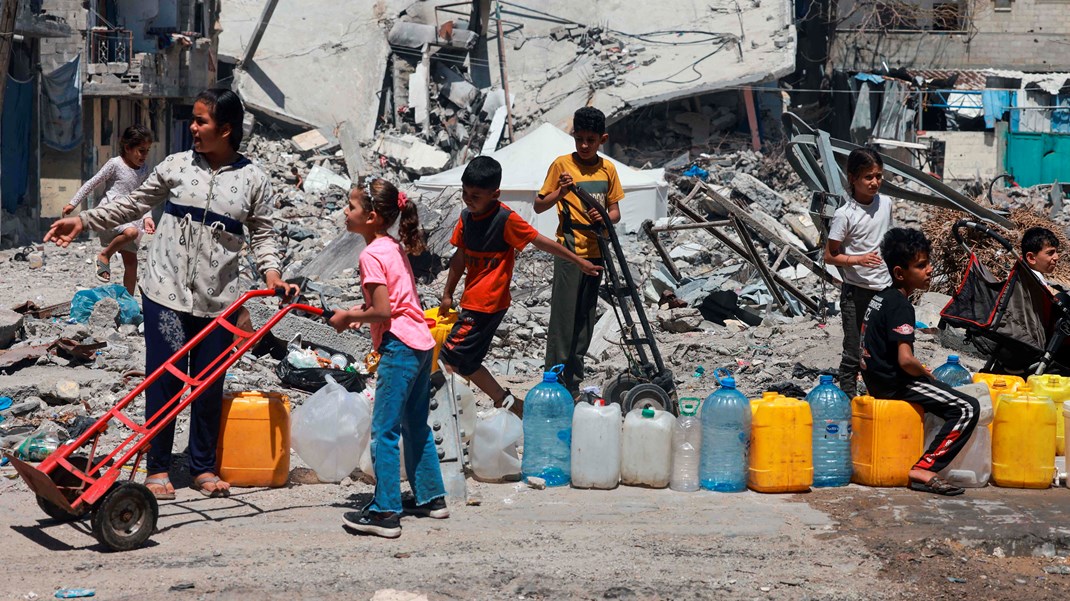UN Resident Coordinator seeks urgent support for Angola to address rising humanitarian needs
(Ondjiva, 8 December 2019): The United Nations Resident Coordinator for Angola, Paolo Balladelli, today called on the international community and humanitarian organizations to scale-up their support for people living on the frontlines of the climate crisis in southern Angola. “Southern Angola is experiencing the devastating consequences of climate change. Temperatures in 2019 were the highest in 45 years and drought is driving increasing hunger and malnutrition, especially in Cunene, Huíla, Bié and Namibe provinces,” said Mr. Balladelli, during a mission to Cunene Province.
Mr. Balladelli is visiting the region with the head of the UN Office for the Coordination of Humanitarian Affairs (OCHA) in Southern and Eastern Africa, Gemma Connell, and representatives of FAO, UNFPA, UNICEF, UNDP, WFP and WHO, to see first-hand the situation and response, including projects funded by the United Nations Central Emergency Fund (CERF) to address acute humanitarian needs.
The number of people in need of humanitarian assistance in Angola reached 2.3 million at the height of the drought this year. In Cunene alone, at least 80 per cent of the population, some 860,000 people, needed urgent support. “This is three times more than at the beginning of the year,” explained Mr. Balladelli. “Thanks to CERF’s generous funding, we have been able to reach more than 640,000 people with vital food, health, nutrition, water and hygiene interventions in the four provinces hardest-hit by the drought. The project complements the Government’s own efforts to respond to this dire situation and save lives. However, more must urgently be done,” he added.
Rising needs are forcing families to take desperate measures to survive, with girls and women bearing the brunt of the crisis. “In Caculuvale, I heard heart-breaking stories from families who are struggling to survive and met with children suffering from severe acute malnutrition. I was told by doctors that these are the highest rates of admission they have seen in many years,” said Ms. Connell, from OCHA, the UN humanitarian arm. “In rural areas, women are having to walk longer distances to bring home food and water, exposing them to the risk of violence, while an increasing number of children are dropping-out of school: the girls to support their mothers, and the boys to go with their fathers to find pasture.” During meetings with Government officials, including the Provincial Vice-Governors for Cunene and Huíla, the delegation welcomed the country’s commitment to implement sustainable measures to mitigate the effects of recurrent climate shocks.
“Today, we are calling for resources to respond to the immediate needs of drought-affected communities. However, as we strive to save and sustain lives and livelihoods in the immediate-term, it is imperative that we also invest in building communities’ resilience to face shocks in the future,” said the Resident Coordinator.
For further information, please contact:
Catia Marinheiro, Resident Coordinator Office, [email protected], +244 948 545 878 Saviano Abreu, OCHA, [email protected] WhatsApp +34 628 498 279 OCHA press releases are available at www.unocha.org or www.reliefweb.int


